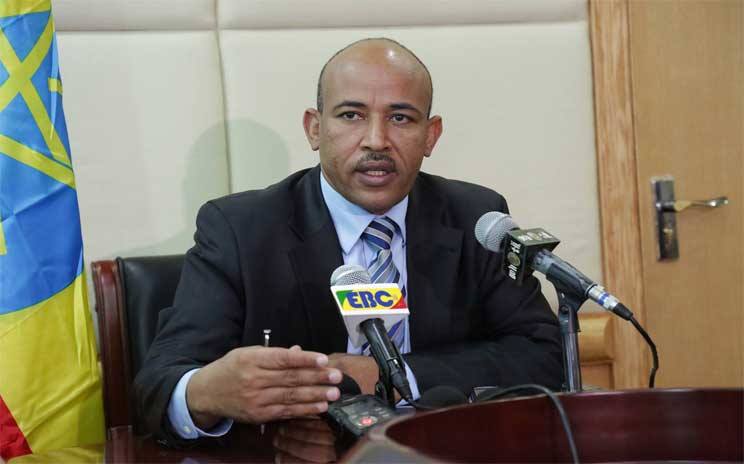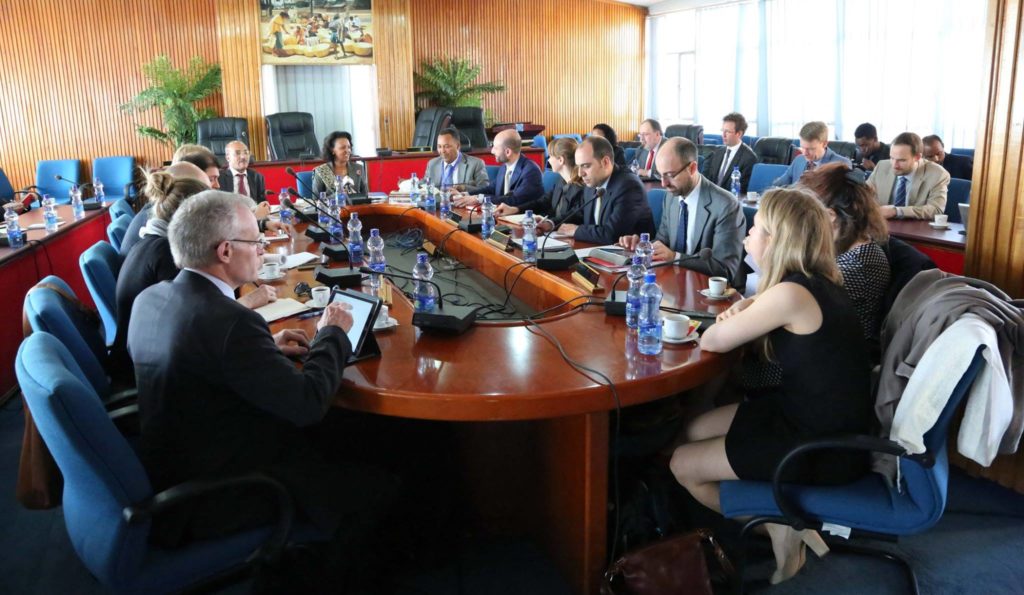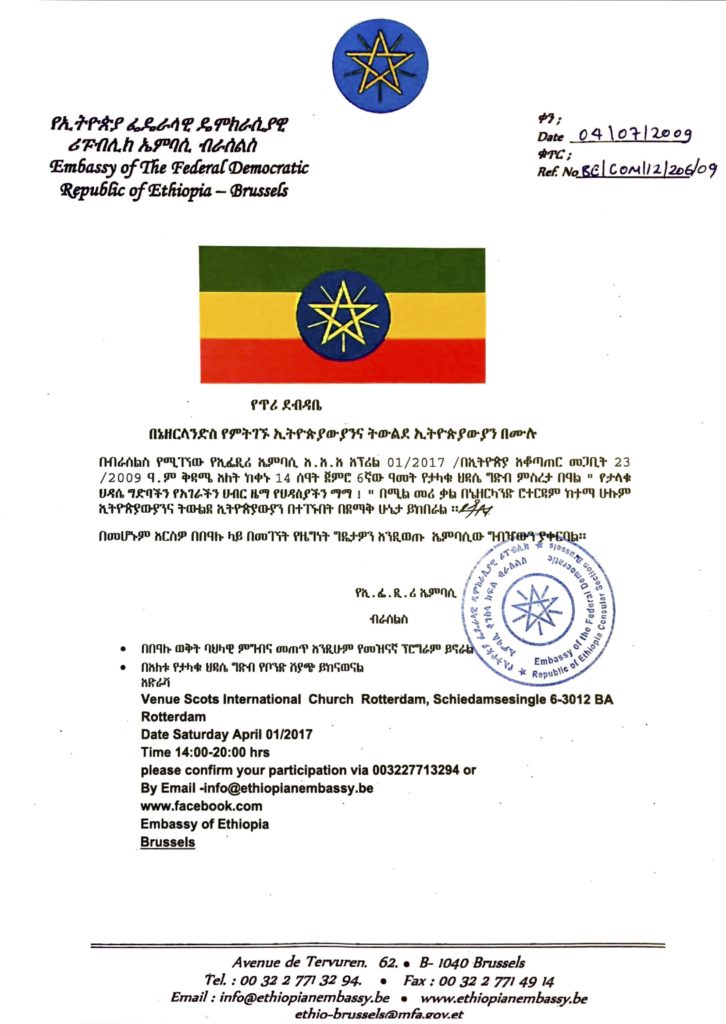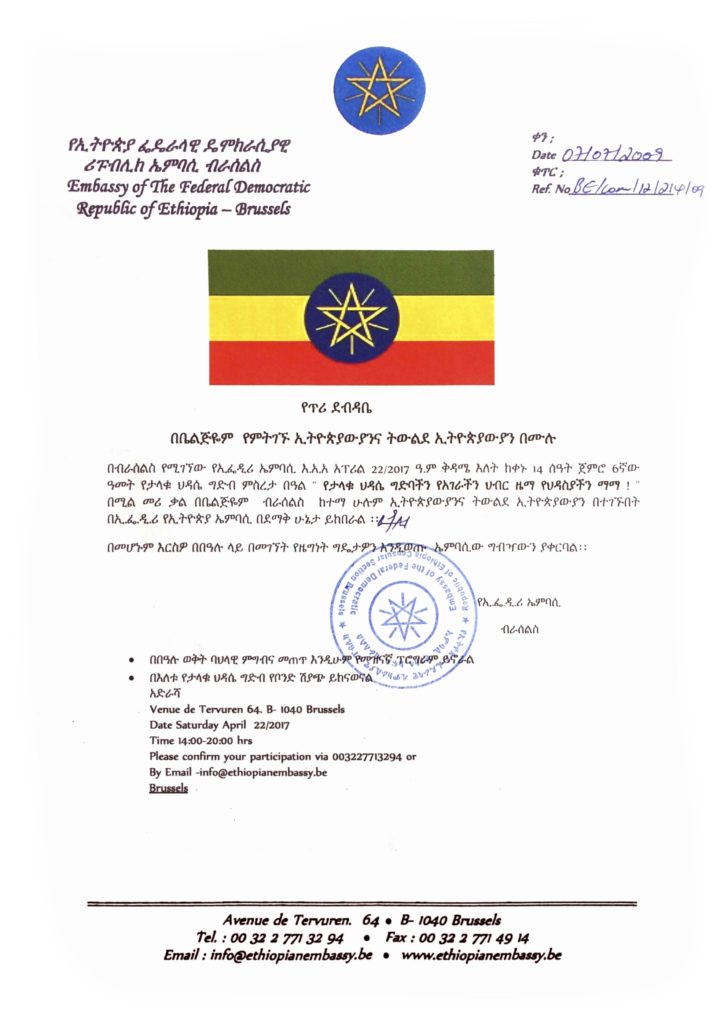On the 22nd of March 2017, the Unrepresented Nations and Peoples Organization (UNPO) organized a conference at the European Parliament in Brussels entitled “Women’s Inferno in Ethiopia: The Plight of Women from Ogaden, Oromo, Benishangul-Gumuz, Gambella & Sidama”.
During this event, several individuals and organizations accused the Ethiopian government of being oppressive towards women. Representatives of the Ethiopian government participated in the meeting and provided facts showing that these accusations were false and that the government was making huge efforts to empower women in the society and in the economy, and to stop harmful practices against women.
However, the report published on the website of UNPO about the event fails to mention the statements by the representatives of the Ethiopian government. Our Embassy explicitly asked UNPO to report also about the testimonies given by Ethiopian representatives during the event. But this request was rejected on the motive that the report on UNPO’s website should be kept short.
It is unfortunate that the organisers of the event chose to report only about contributions fitting their one-sided vision of the situation, while omitting the statements that were not fitting their point of view. This not only lacks basic fairness, but also compromises further much-needed dialogue on this issue.
Because UNPO refused to publish the point of view of the Embassy as it was expressed during the event, we publish the following text explaining the efforts of the Ethiopian government to improve the condition of women in several areas. Although a lot remains to be done on this topic, it is obvious that notable progress was achieved in the past decade.
Ethiopia’s open pledge to support full participation of women in society and defend their rights
Ensuring the full participation of women in the Ethiopian society is a core concern of the Ethiopian government and the society at large. To reach this objective, the government is actively working to bringing an end to all harmful practices against women, improve women’s health and providing social and financial support to empower them.
A new Federal Family Code, based on the principle of gender equality came into effect in July 2000. This family law was the first of its kind in the history of the nation. It cemented the irreversible equality of women not only before the law but also in the entire socio-economic fabric of the country. The Ethiopian Revised Penal code (2005) invariably criminalizes domestic violence and harmful traditional practices including early marriage, abduction and female genital mutilation.
Some key data are encouraging, such as women’s participation in the political life of the country. 38% of members of the Ethiopian national parliament are women. As a comparison, this proportion lays at 39% for Belgium and 26% for France.
In 2005, the Government upgraded the Office of Women’s Affairs in the Prime Minister’s office to the level of a full Ministry of Women’s Affairs with the mandate of ensuring that due consideration was given to gender issues across all sectoral policies.
The Government has also incorporated gender issues in different national policies including health, education and training, HIV/AIDS, population and other sector policies.
The formulation of the National Action Plan on Gender and Development ensures that gender is fully considered and incorporated in all the annual work plans; and the establishment of a gender focal person in each of the regional bureaus is evidence of the Government’s commitment to gender equality.
During the 2017 celebration of the International Women’s Day, Demitu Hambissa, Minister of Women and Children Affairs, announced that a government’s women’s development package had been prepared by incorporating new ideas so as to boost participation and benefits of women.
The country’s achievements and strong commitment for future political actions is demonstrated by its active dedication on improving five key issues for women: Ending Female Genital Mutilation (FGM) (1), Improving Maternal and Reproductive Health (2), Improving Access to Education for Girls and Women (3) Deploying Health Extension Workers across the counrty (4) and Supporting Women in Economy and Entrepreneurship (5)
1. Ending Female Genital Mutilation
The Government of Ethiopia has taken strategic and programmatic measures to eliminate FGM, first through the criminalization of the practice in the Ethiopian Penal Code, which was ratified in 2005. The Government has since shown a ground-breaking commitment to end FGM and child marriage by the year 2025
At the Girl’s Summit in London in 2014, the Ethiopian Government represented by his Deputy Prime Minister Demeke Mekonnen, showed his position towards FGM by saying: “Our approach puts girls at the heart of our commitment, working closely with them, their families and communities, to end these practices for good and break the cycle of harmful traditional practices.” He said that Ethiopia would achieve its goal by 2025 through a strategic, multi-sectoral approach and highlighted four areas where the government has promised to take action:
1. Through incorporating relevant indicators in the National Plan and the National Data Collection Mechanisms including the 2015 Demographic and Health Survey to measure the situation of FGM and Child, Early and Forced Marriage (CEFM) and to establish a clear benchmark
2. Through enhancing the coordination and effectiveness of the National Alliance to End Child Marriage and the National Network to End FGM by engaging different actors with key expertise
3. Through strong, accountable mechanisms for effective law enforcement
Ethiopia has witnessed a steady reduction in FGM nationally over the past decade: as a whole, 74 percent of women and girls were mutilated according to 2005 statistics. A decade later, national prevalence of FGM had dropped to 65 percent. Mentalities are also evolving. According to a Unicef study, almost 97 percent of the people favored FGM in the southern region of Kembatta-Tembaro in 1999. By 2008, less than 5 percent supported the practice.
Moreover, the Ethiopian government is working hand in hand with UNICEF and UNFPA (United Nations Population Fund) in many areas in Ethiopia for the abandonment of FGM. One of the exemplary programme is located in Afar Region, which recorded pronounced success in facilitating declaration of abandonment of the practice in 6 districts in Afar Region, and eventually expanding to other districts in Afar and other regions.
2. Improving maternal and reproductive health
Maternal and reproductive health is an area were Ethiopia recorded its most stunning success.
Maternal, new born and child health (MNCH) is one of Ethiopia’s priority health programmes. For the period 1990 to 2013, WHO data show maternal mortality declined by 70%, from 1400 to 420 per 100,000 live births.
In terms of family planning, in 2000, only 6% of married women were using modern family planning services. Today, 42% are using modern family planning methods. Infant mortality rate fell by two-thirds from 1990 to 2015.
3. Improving access to education for girls and women
Although Ethiopian women have a low literacy rates, over the course of the last decade, the country has made strides in educating women between the ages of 15 and 19, where it achieved a 70% literacy rate by 2014.
Primary school. Though important disparities remain between primary school attendance of boys and girls in Ethiopia, primary school enrollment among Ethiopian girls increased by 42 percentage points, rising from 41 percent in 2000 to 83 percent in 2014.
Secondary school. While the gender gap has not been fully eliminated at the secondary education level, girls’ enrollment is quickly catching up. In 2008-09, the gap for grades 9–10 was 3.1 percentage points, with boys having a higher enrollment percentage than girls. For the years 2011-12 and 2012-13, however, girls’ enrollment rate had overtaken that of boys.
Higher education. Female enrollment in Technical and Vocational training remains almost equal to men’s, however the gap remains important in universities.
4. Health extension workers & Health Development Army
Starting 2009, 39,000 female health government-salaried extension workers were trained and deployed throughout the country. They are high school graduates with one-year training in essential health skills, recruited from the same communities where they go back to serve. Introducing a female health extension worker in every village has helped the country improve health outcomes.
In 2011, an initiative called the ‘Health Development Army’ was launched. This is an substantial team of three million women volunteers across the country, that is organised in small groups, to talks about their health, about the health of their children and how they can rally support to improve the health of the community members. This helped to increase the uptake of critical services around the country, especially as only 10% of Ethiopian women give birth within health facilities, according to the 2011 Ethiopia’s latest demographic health survey results. The figure is nevertheless a significant improvement on 6% in the previous survey, in 2005. The ministry is seeking to increase the number of women delivering in hospitals by tapping into those seeking antenatal care and providing sustained family planning services at the district level.
5. Empowering women in economy and entrepreneurship
During the first GTP period (2010- 2014), over 11 million women had received certificates of ownership for the farmlands they had legally owned and some 8.6 million women were able to engage in farm and off farm activities to improve their economic status and sustain the well-being of their families.
More than 6.6 million women were provided with access to credit and saving facilities in which they were able to save 2.2 billion birr in total. A total of 3.4 million women had access to energy saving technology which had enabled them to save time and improve their health.
Launched in 2013, the Women Entrepreneurship Development Project is the first financial intermediary loan (or two step loan) specifically targeting women in Africa. Each month, it provides about USD 2 million in loans to growth-oriented women entrepreneurs, financing access and training opportunities to companies owned or co-owned by women entrepreneurs in major cities with active economies in Ethiopia. It has the objectives of increasing profits for the target companies and increasing employment, thereby contributing to women’s social empowerment and development in the private sector. This project is co-financed by the World Bank and other bilateral donors. For women entrepreneurs, it is particularly difficult to find financing since houses and land, which are usually required for loan collateral, traditionally tend to be registered in the names of men in Ethiopia.
The first results of this initiative are encouraging. Two years of project’s implementation, more than 3,000 women entrepreneurs took loans and over 4,500 participated in business training. Participating female enterprises grew profits by 24% and employment by 17%, and repayment of loans stands at 99.4%. Moreover, data from loan applications indicate that enterprises will create 6000 new jobs by 2017, the majority of which will be for women.
Sources
https://www.devex.com/news/what-it-means-to-create-a-women-s-health-development-army-88240
https://www.jica.go.jp/english/news/press/2016/170227_01.html
http://www.afro.who.int/en/ethiopia/country-programmes/topics/4459-maternal-health.html
http://allafrica.com/stories/201601191548.html
http://www.who.int/workforcealliance/knowledge/case_studies/Ethiopia.pdf
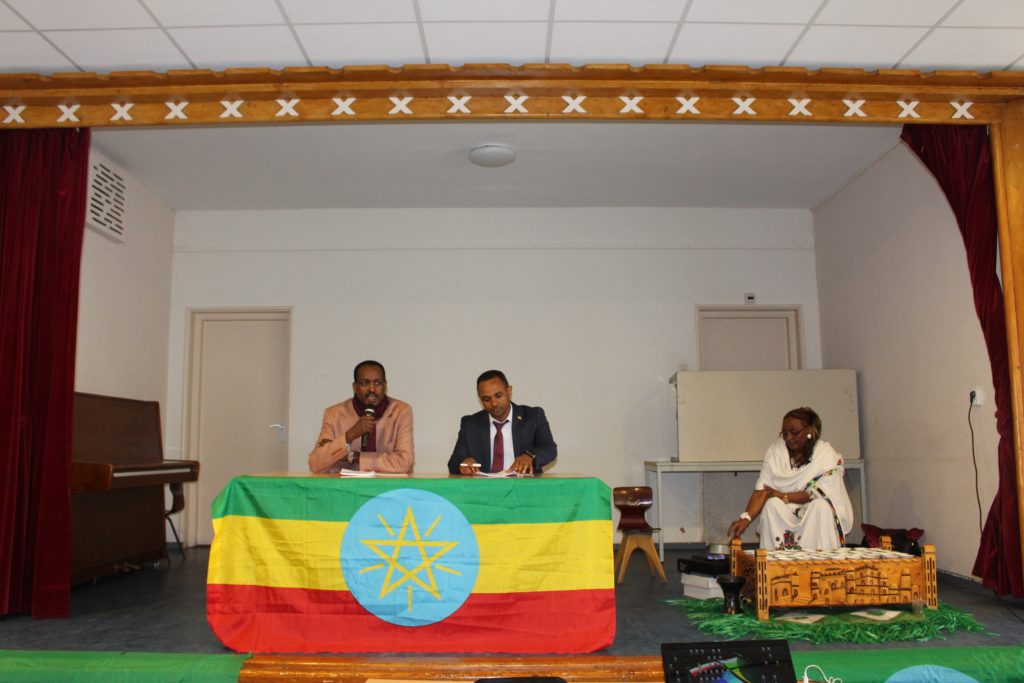
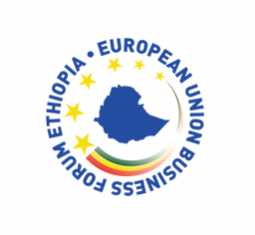

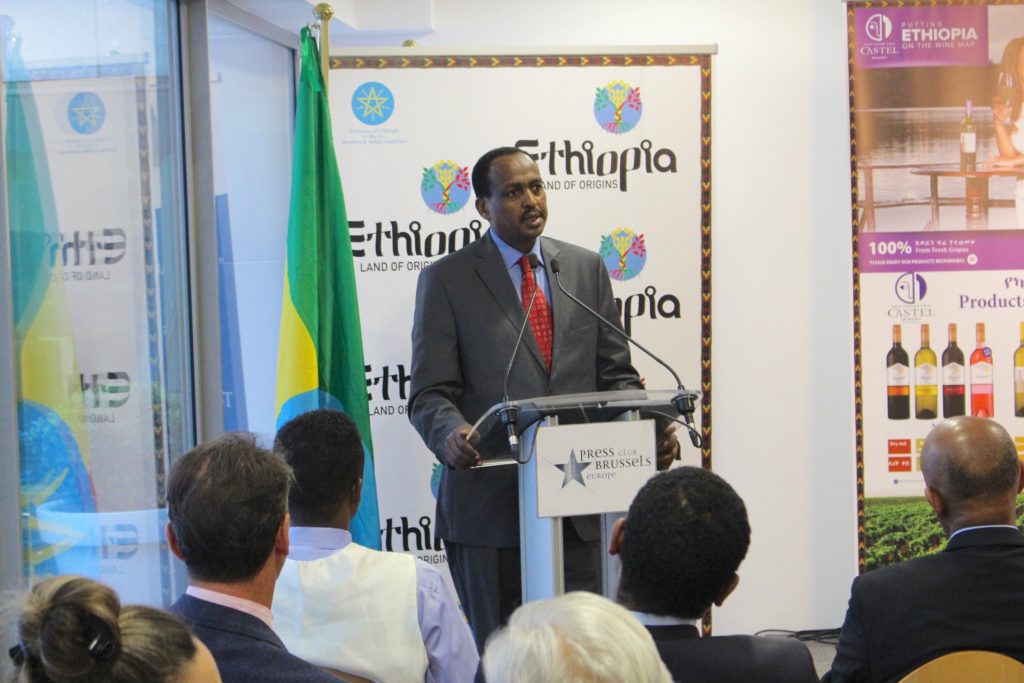
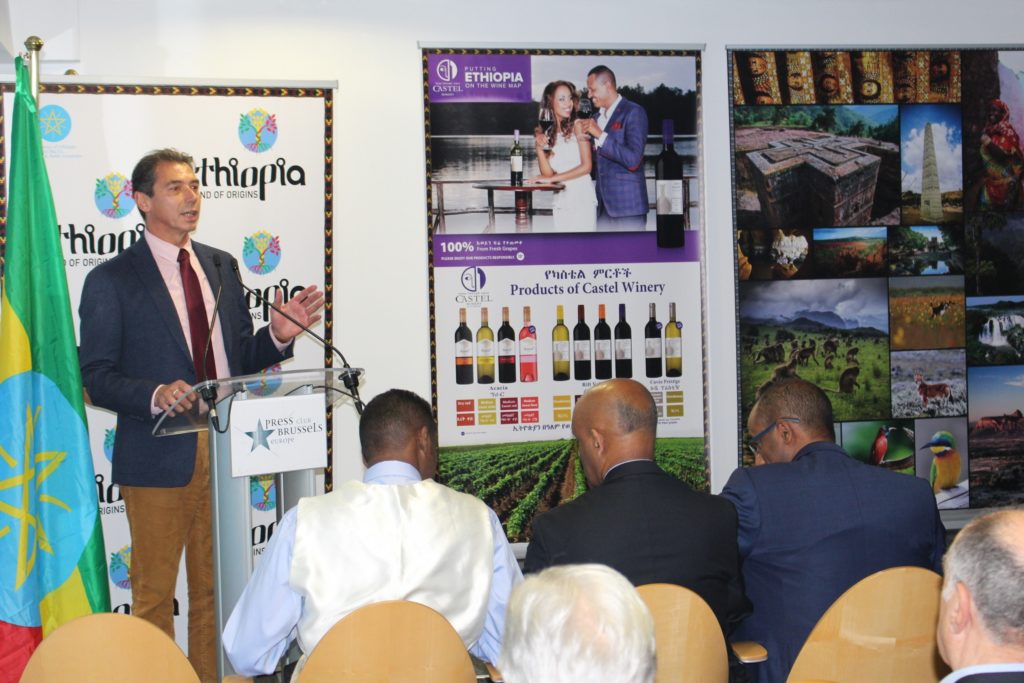
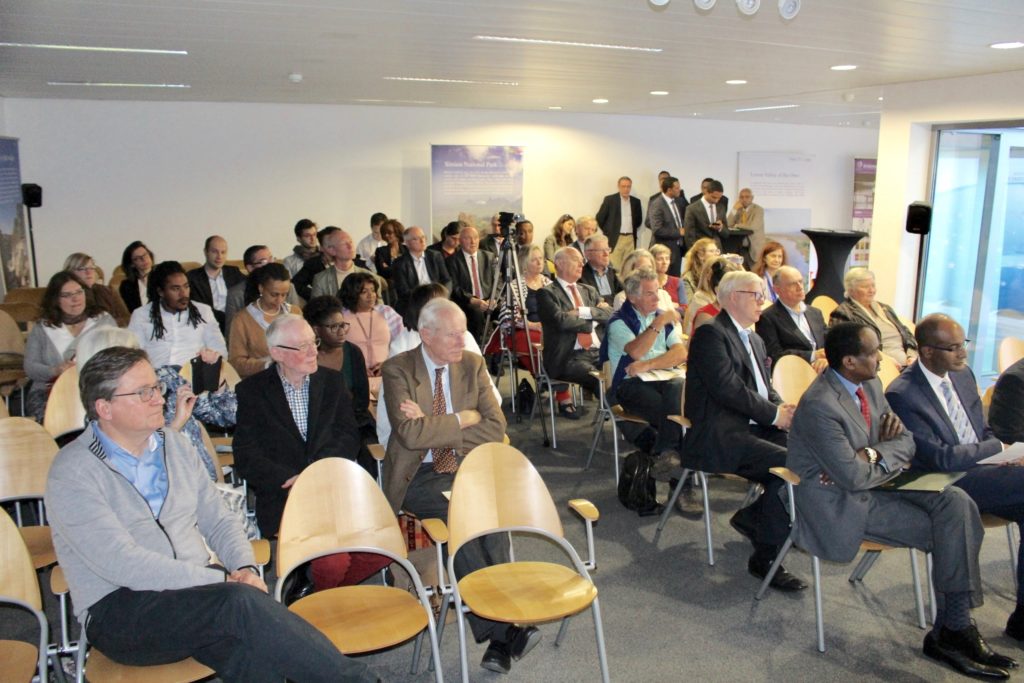
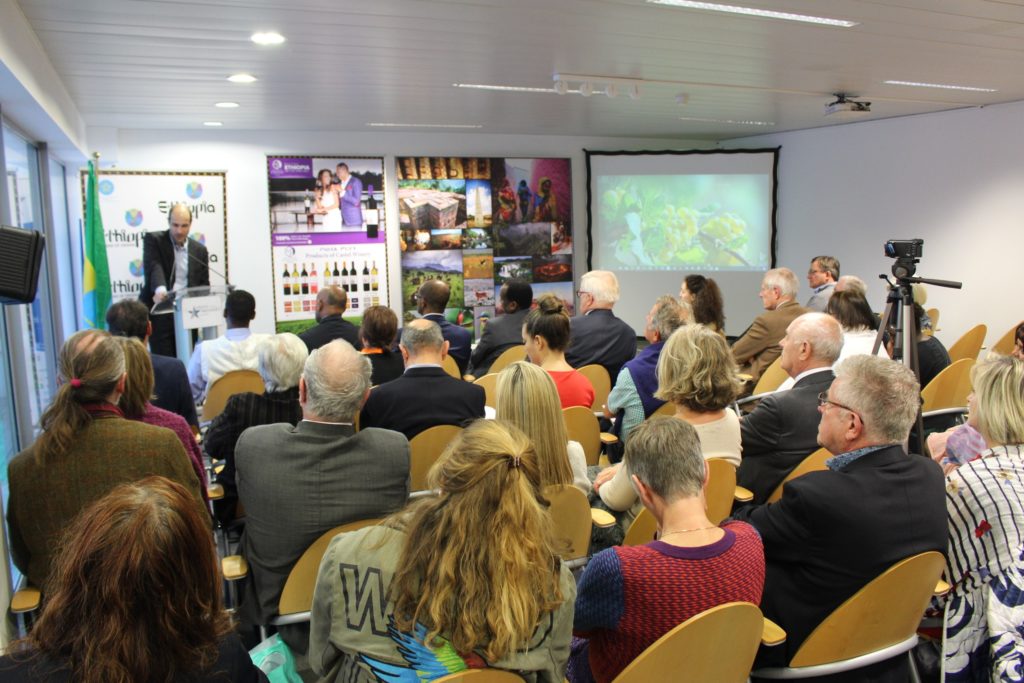
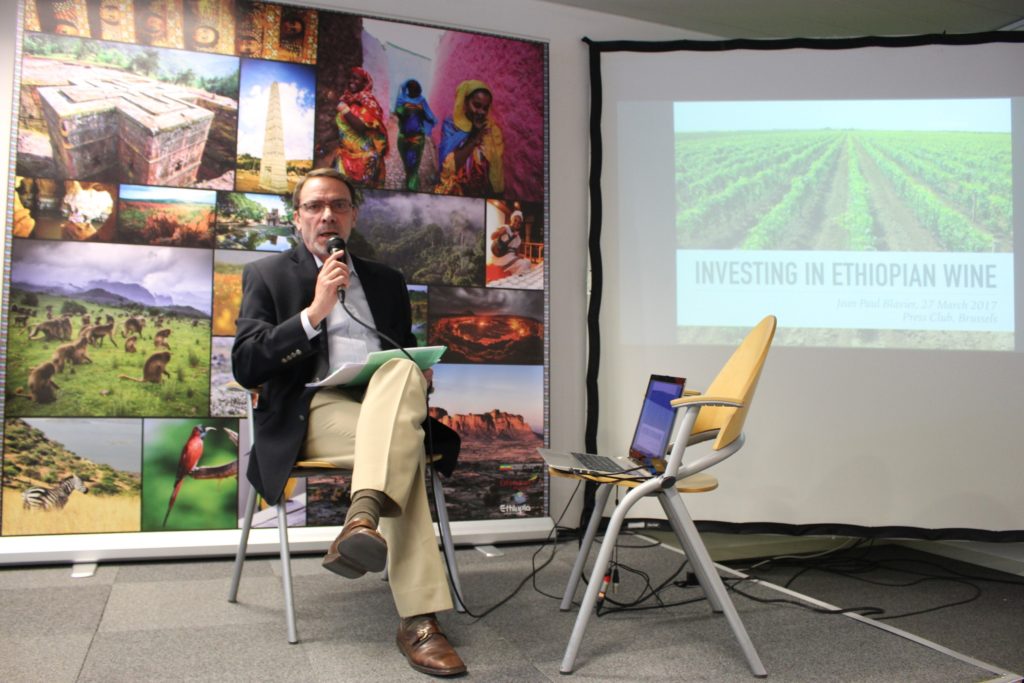
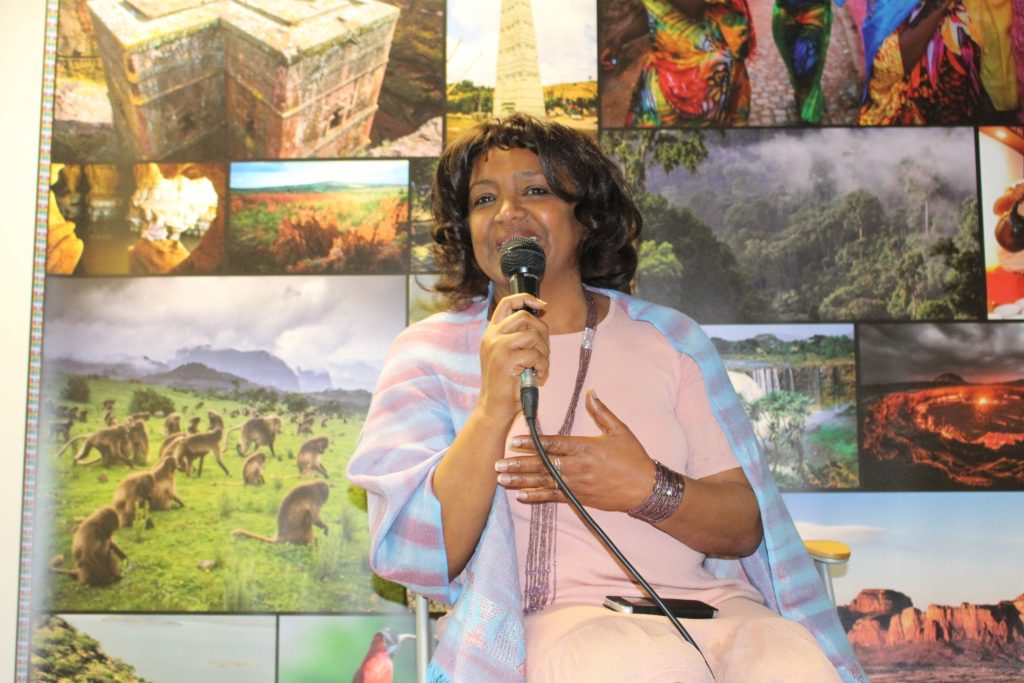
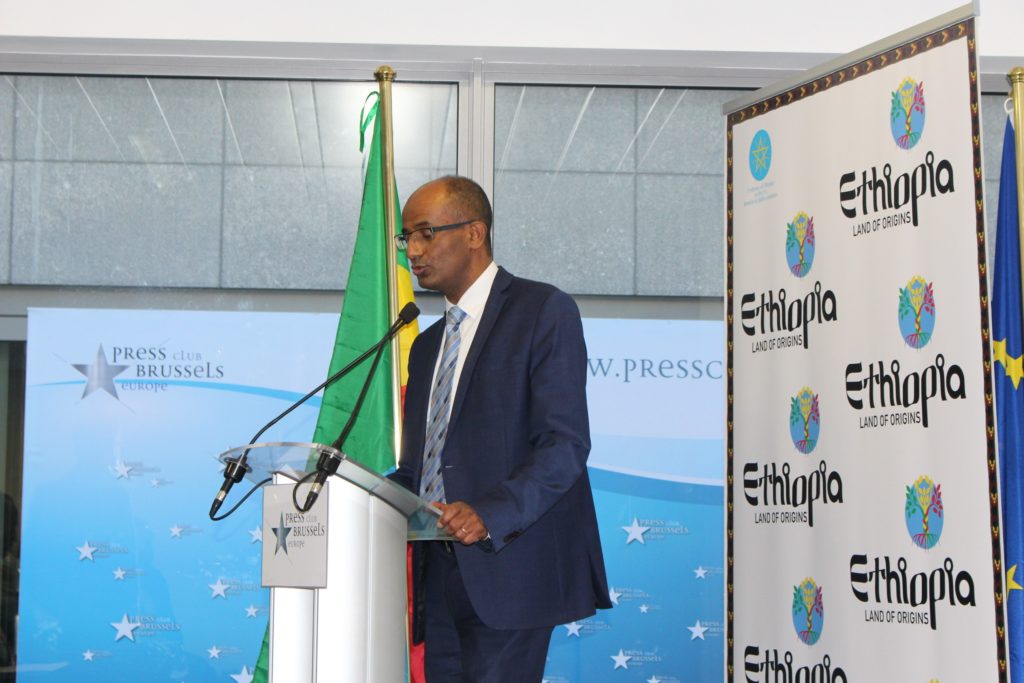
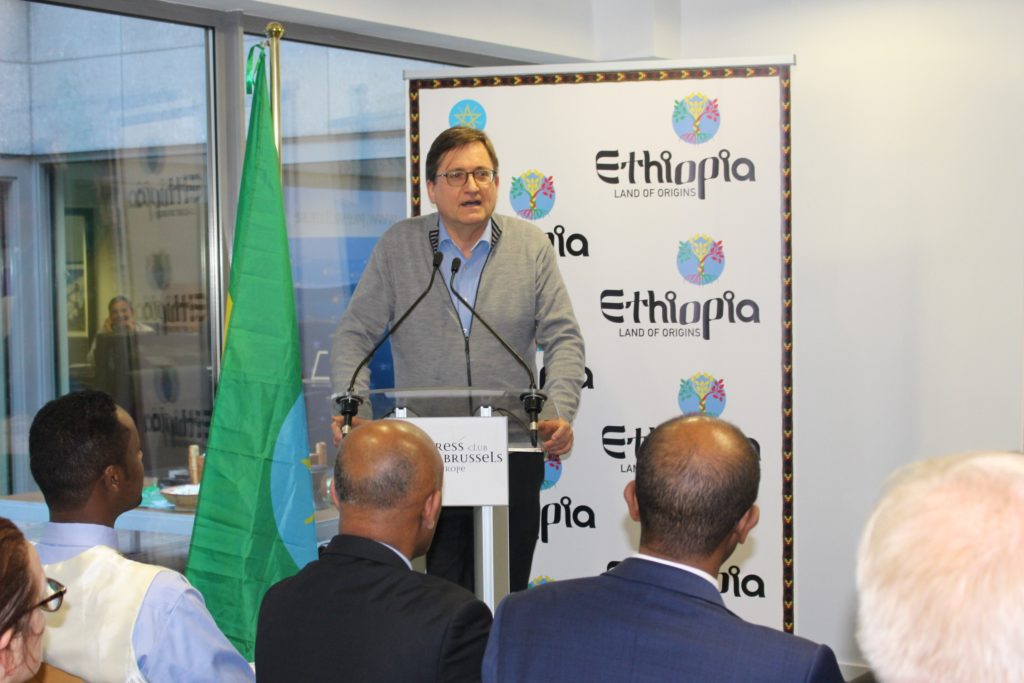
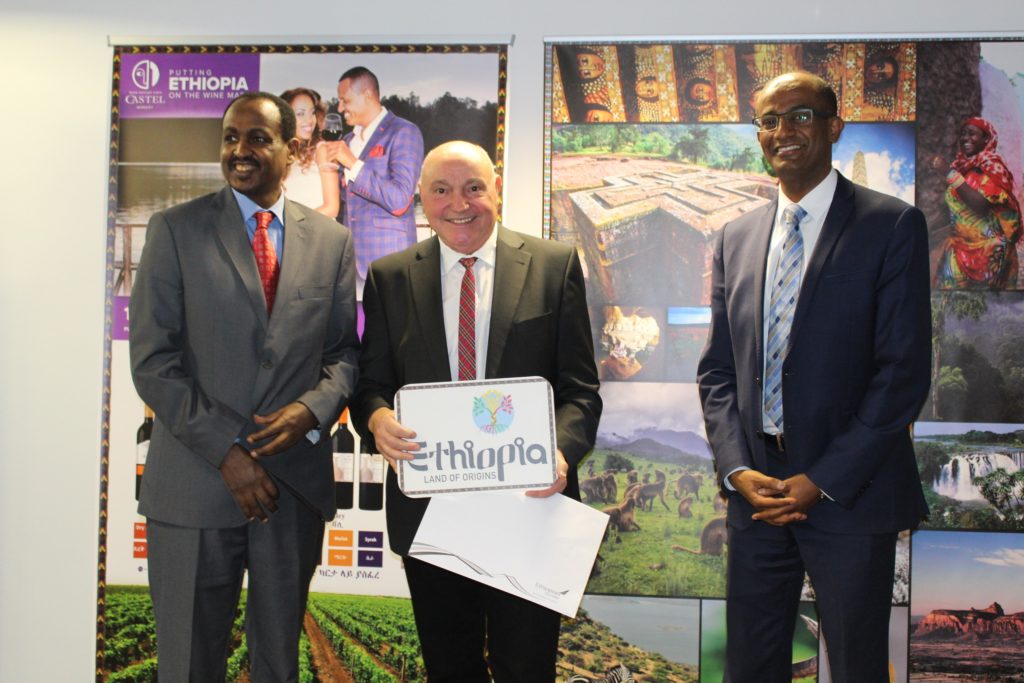
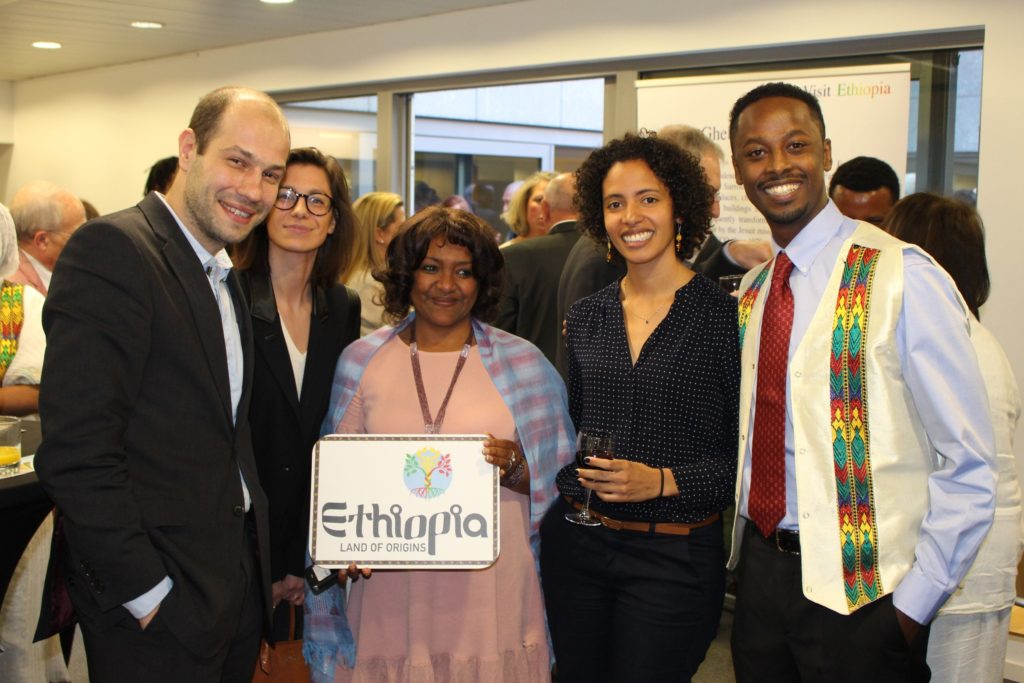
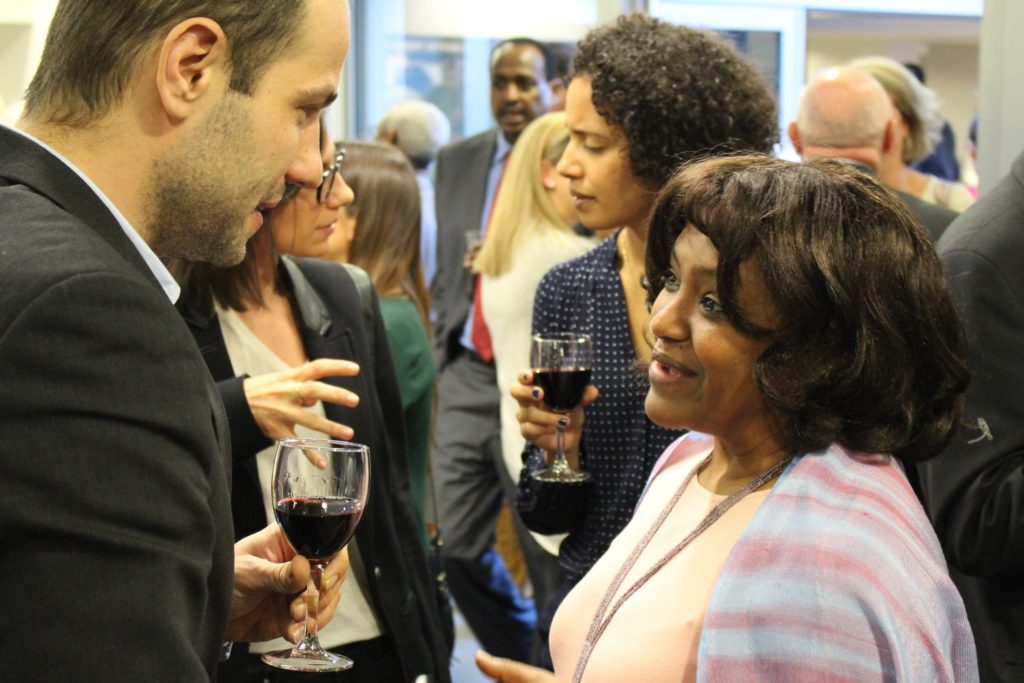
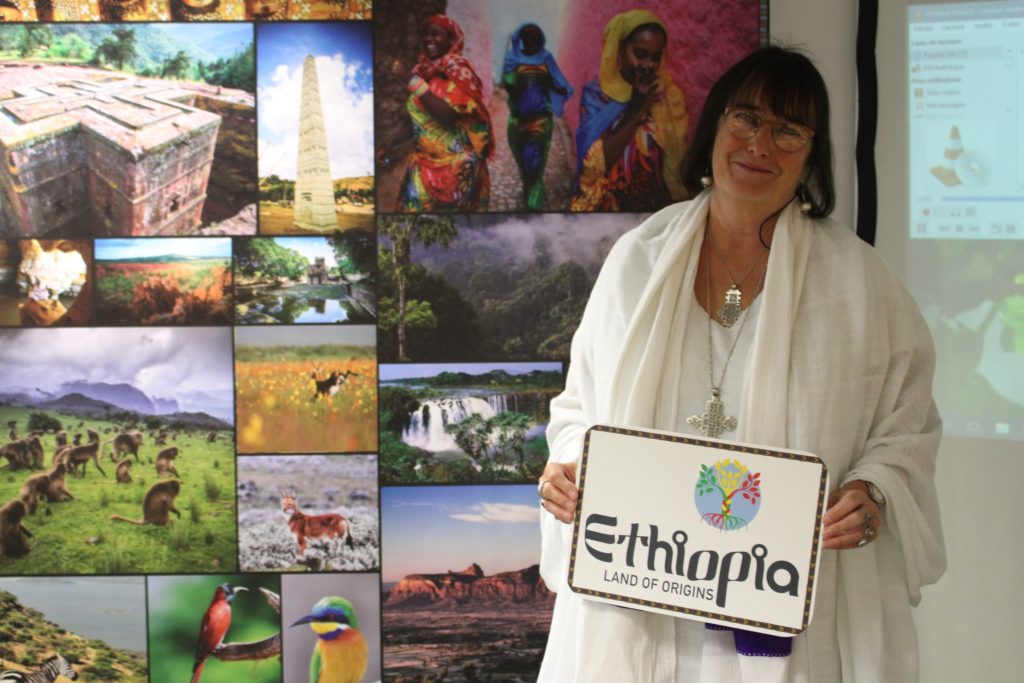
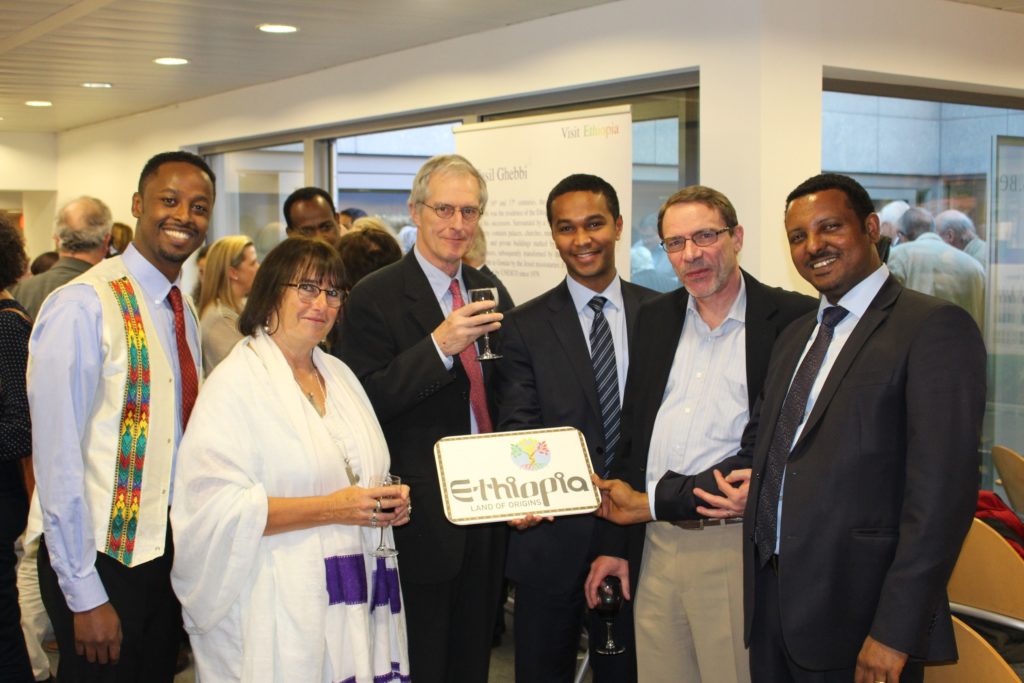
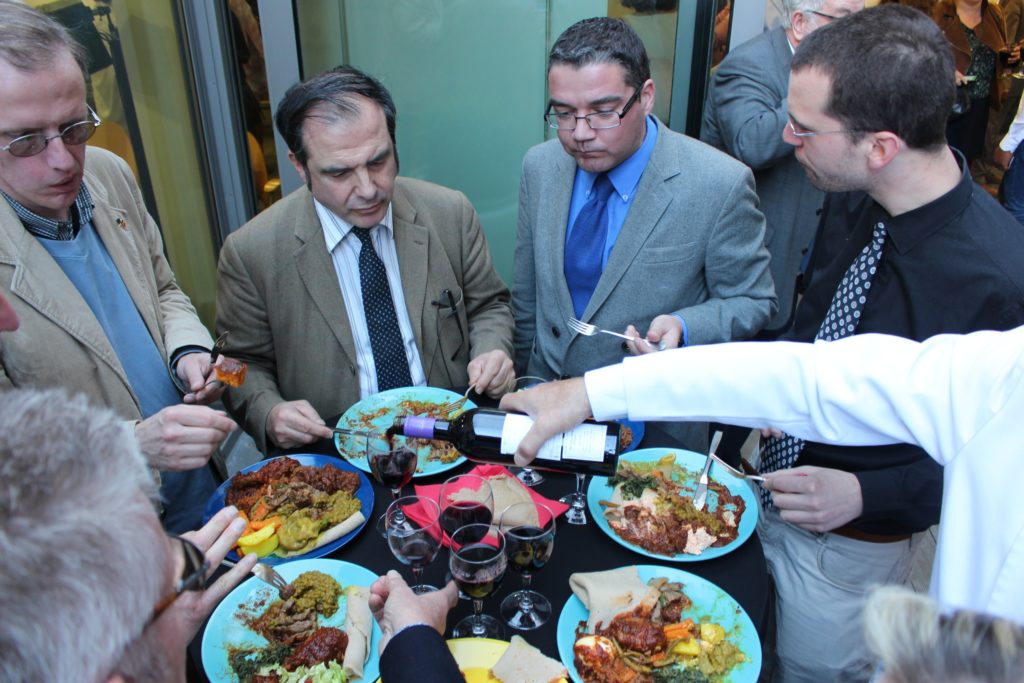
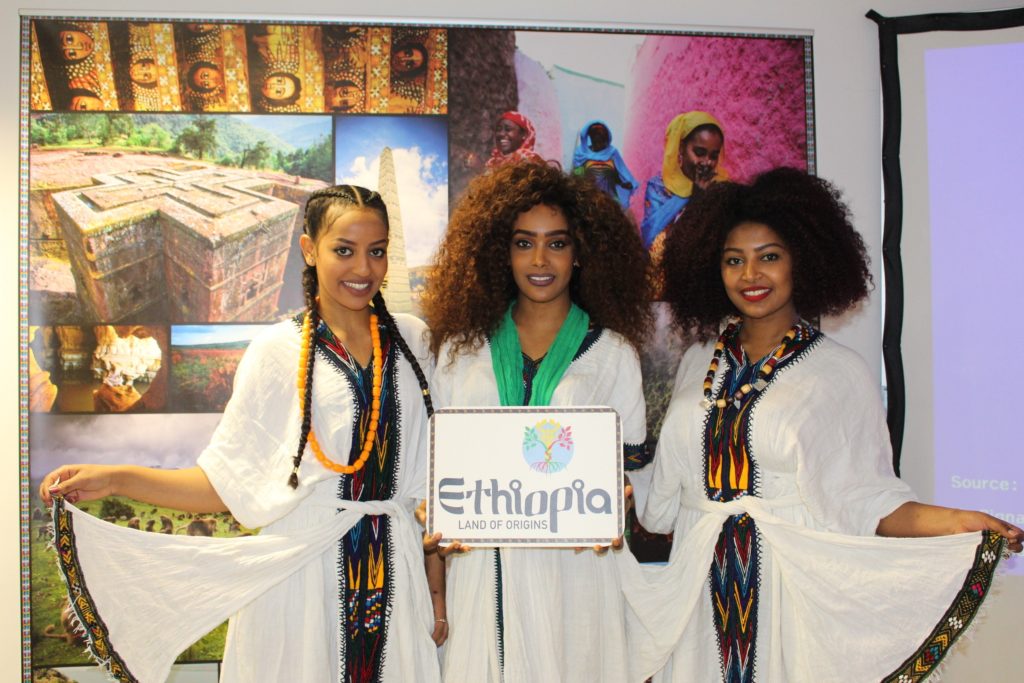
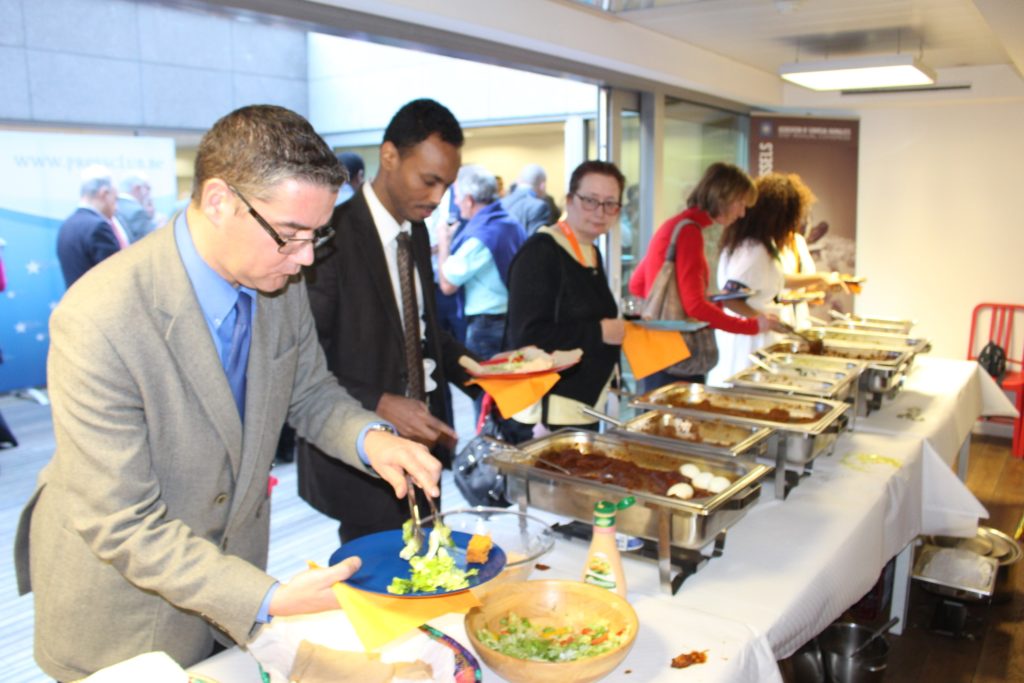
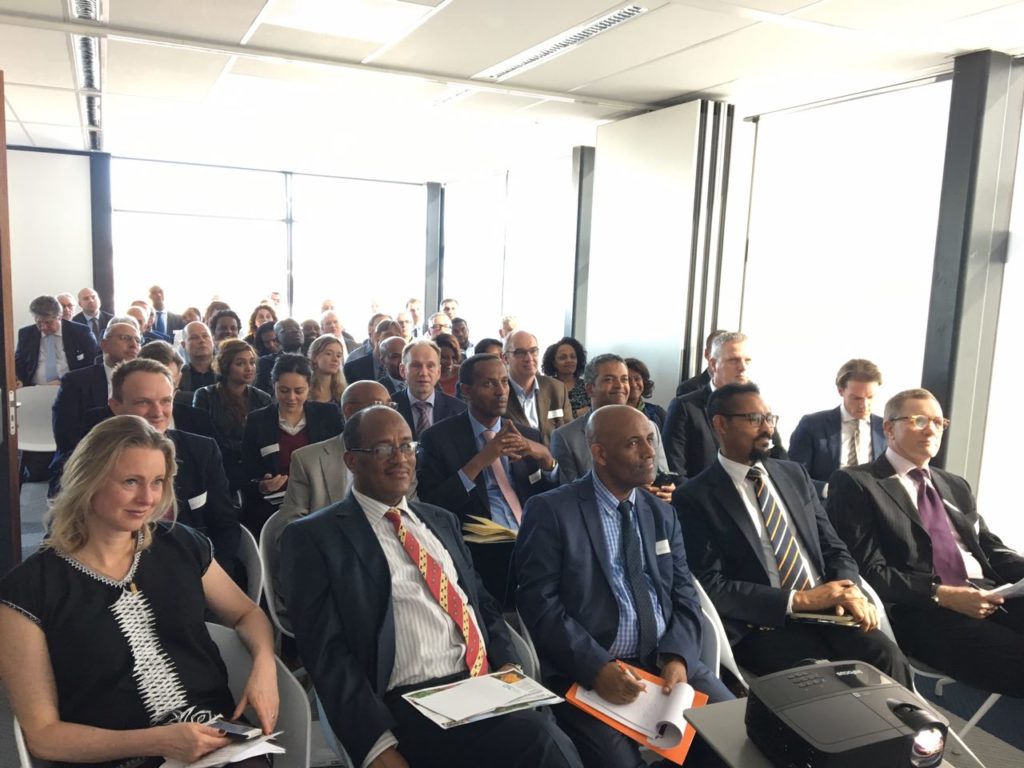
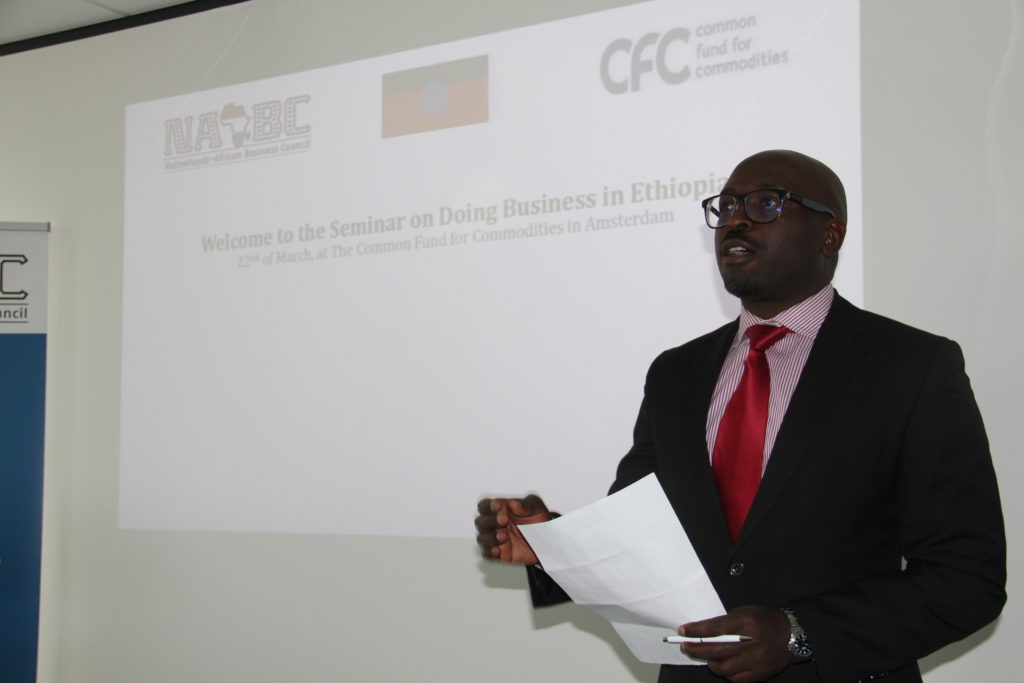
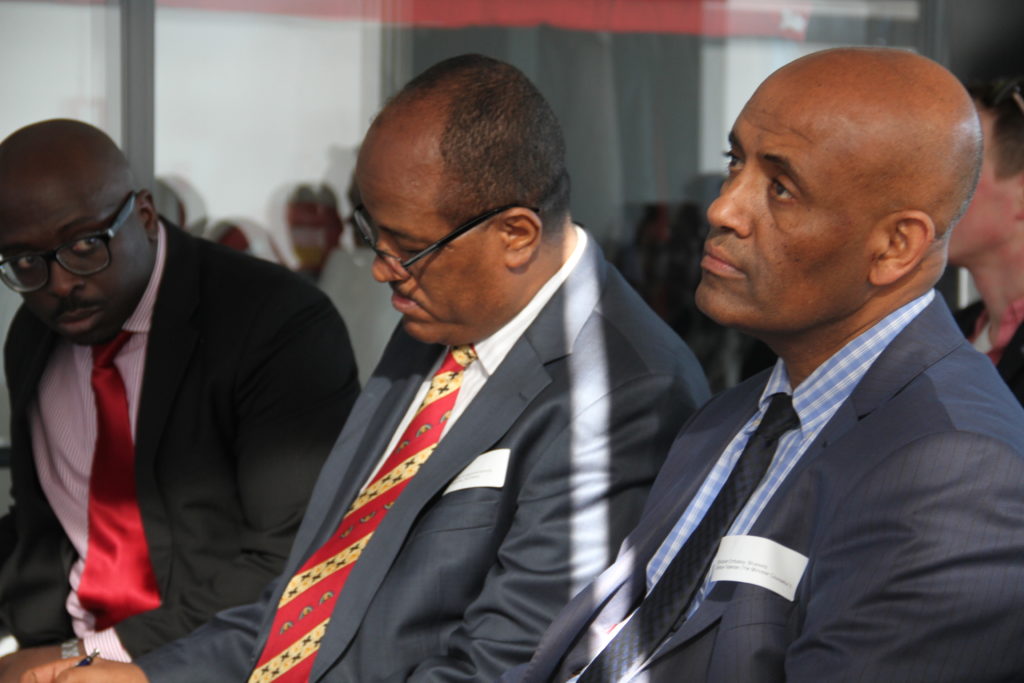
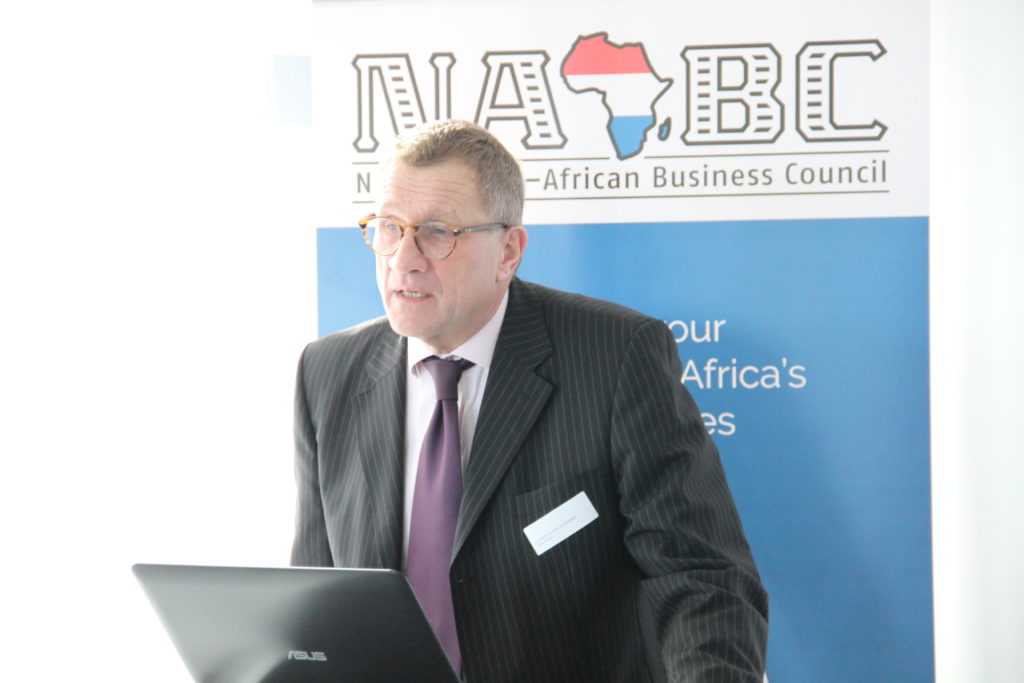
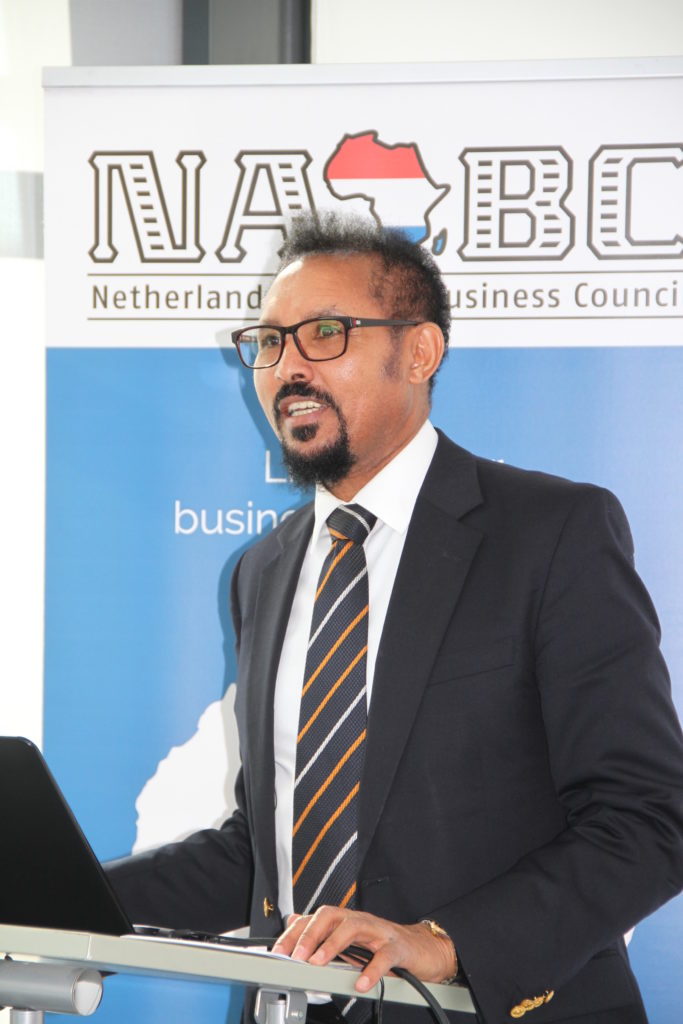
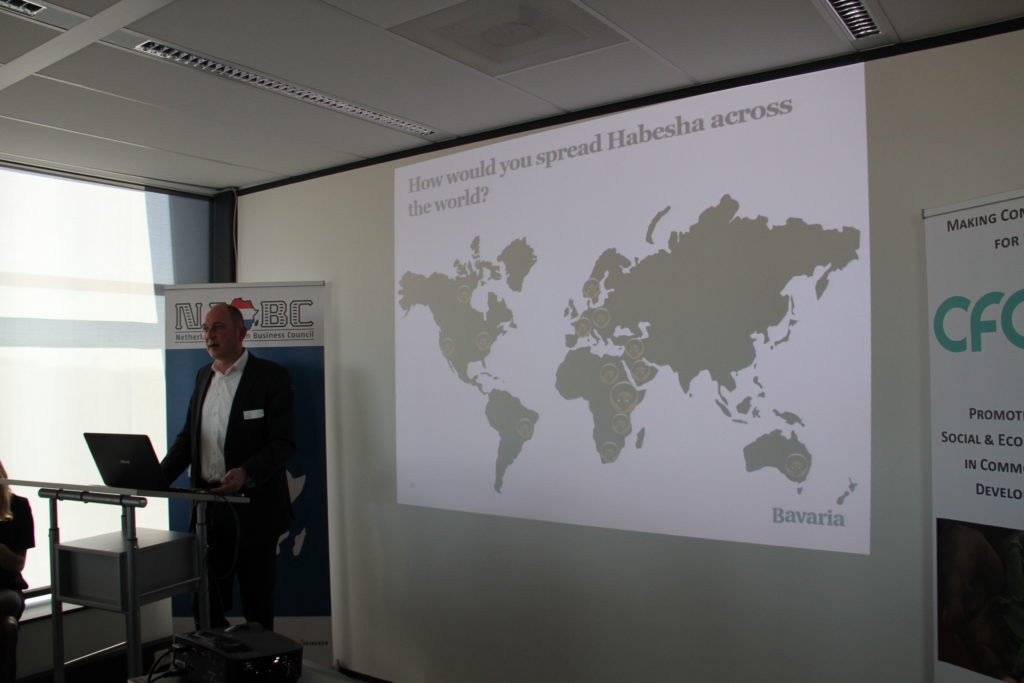
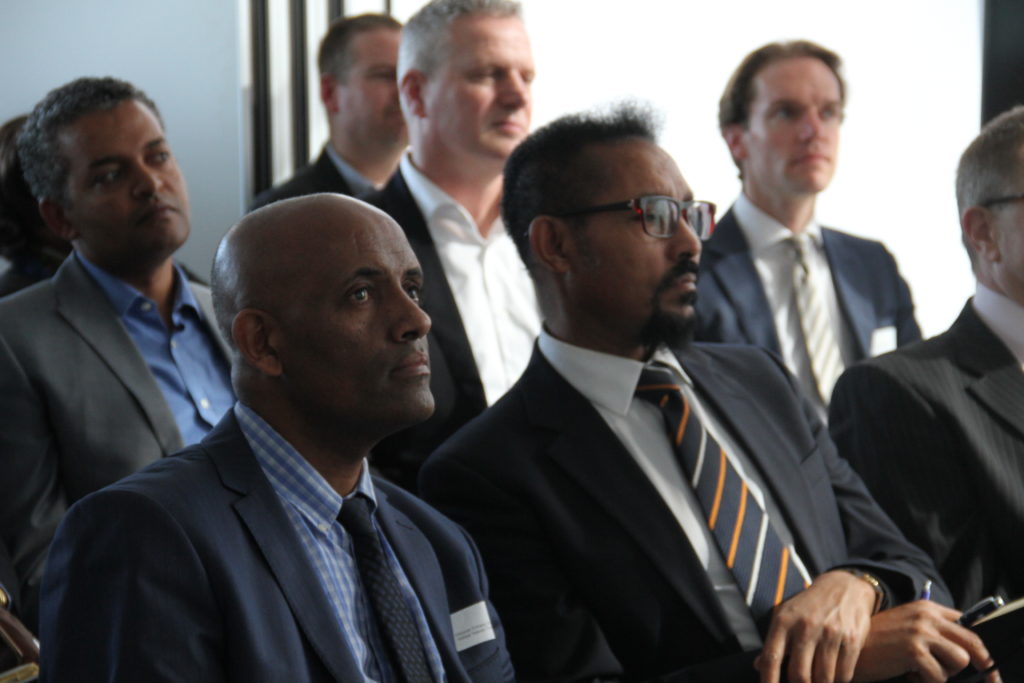

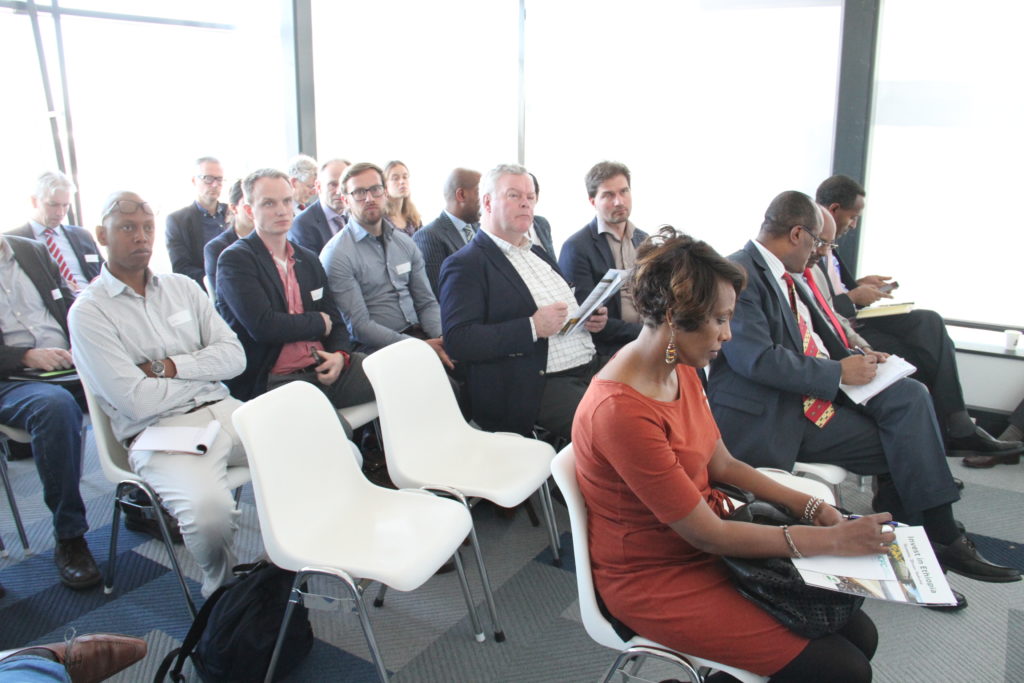
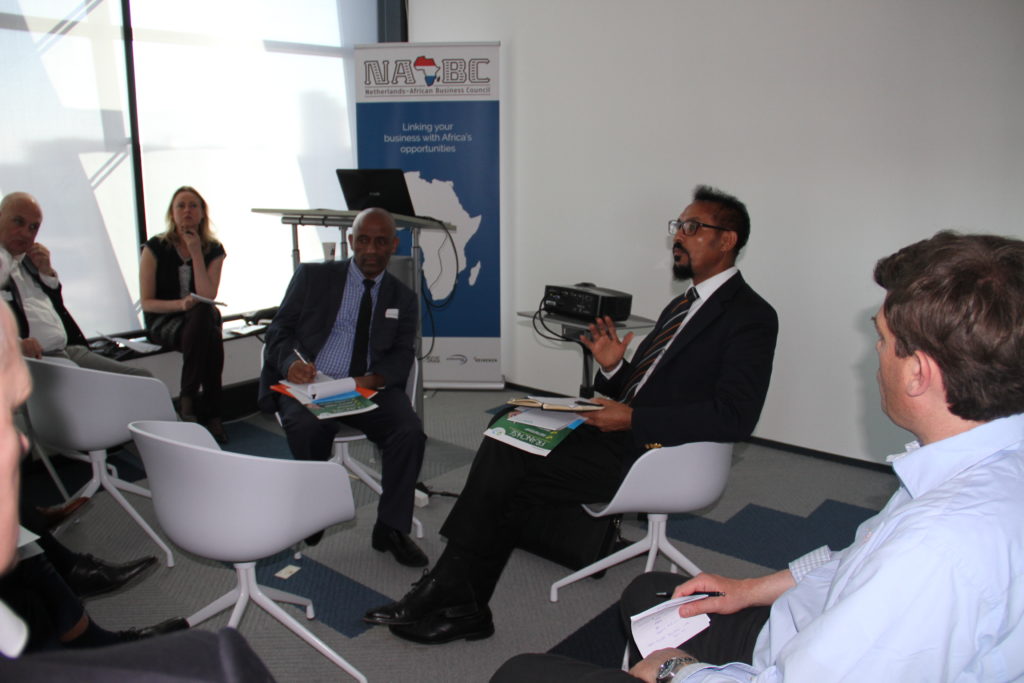 Picture: Arne Doornebal/NABC
Picture: Arne Doornebal/NABC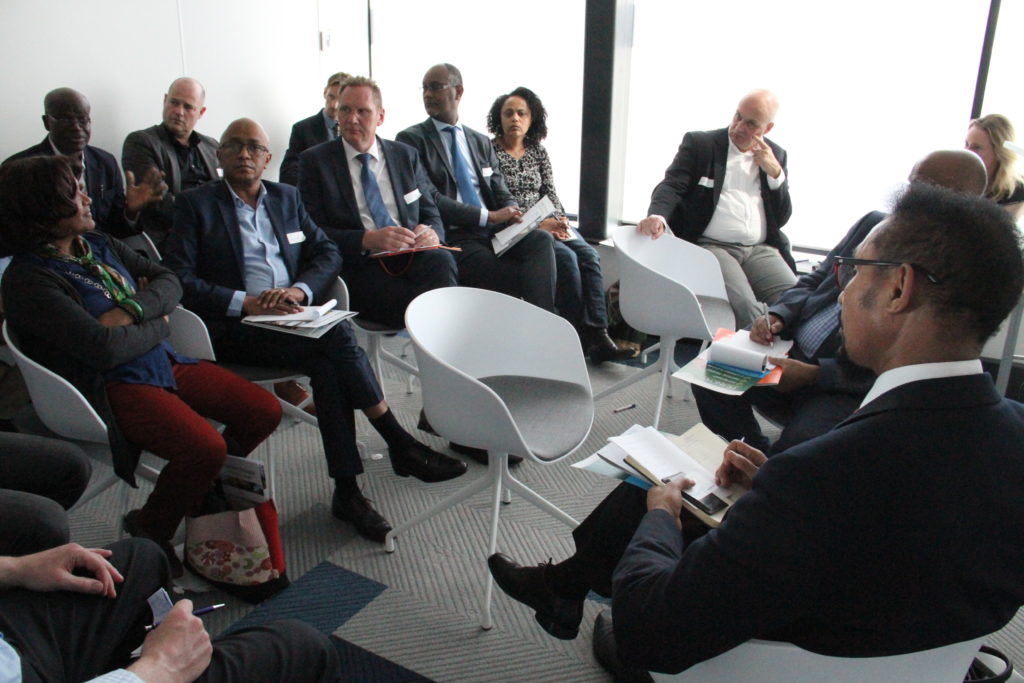 Picture: Arne Doornebal/NABC
Picture: Arne Doornebal/NABC